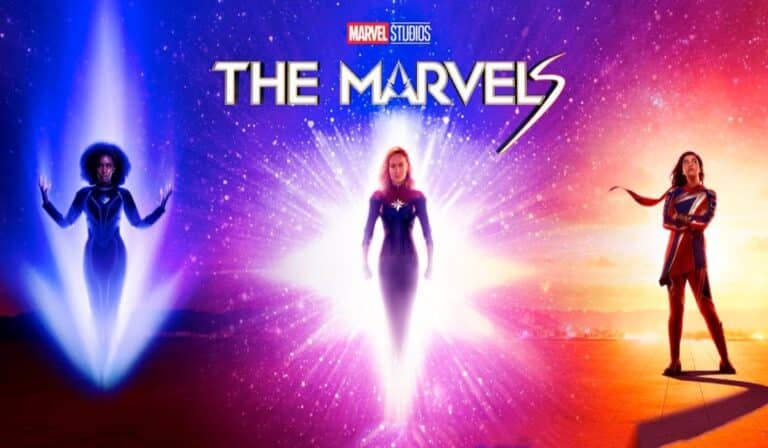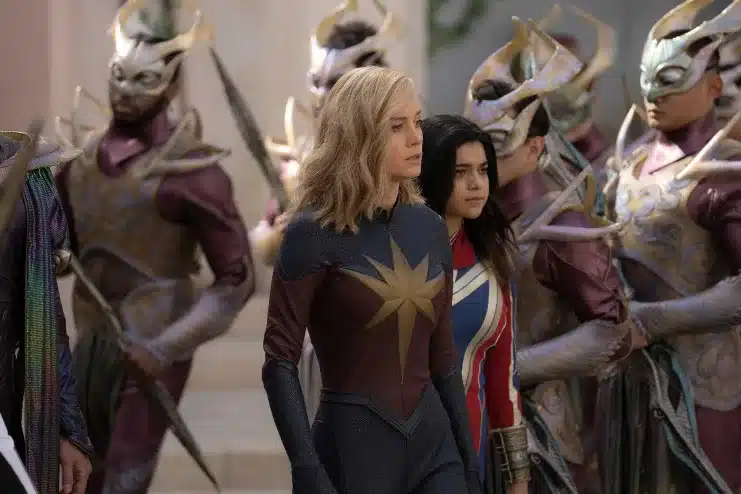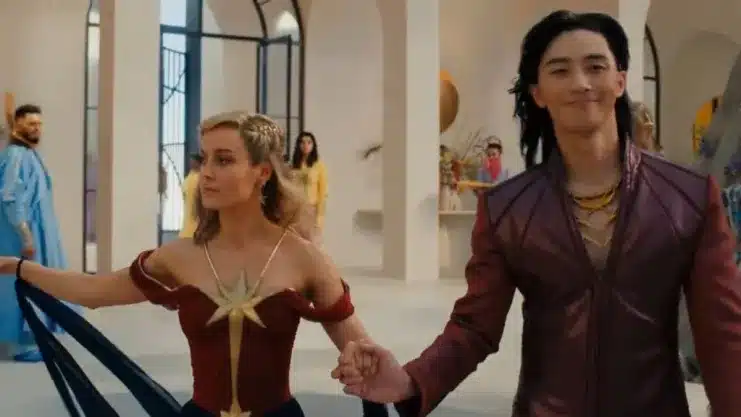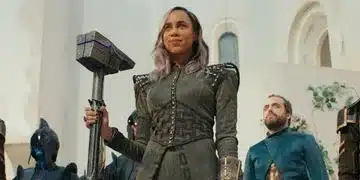
Discover the key reasons why Marvel Studios became the biggest box office failure
Expectations for Marvel’s third installment in 2023, ‘The Marvels’, were through the roof, but what promised to be another chapter in the MCU’s successful road has become a historic record for the wrong reasons: the worst opening weekend in MCU history with just $47 million. This figure is It’s a stark contrast to the 55 million earned by ‘The Incredible Hulk’ in 2008, a film that has held this dubious honor until now. This event marks a turning point and puts into perspective the crisis facing the Marvel Cinematic Universe.
The effect of absence of stars
The SAG-AFTRA strike played a significant role in the film’s poor promotion. The lead stars Brie Larson and Samuel L. Jackson was unable to participate in the marketing campaign, which left a huge gap in audience appeal and word-of-mouth promotion. This setback greatly affected the enthusiasm of the fans and contributed to the box office performance.
It is hidden at the end of Loki
The second season of “Loki,” a particularly well-received finale, overshadowed the premiere of “The Marvels,” which aired on the same day. The quality of ‘Loki’s’ conclusion set the bar so high, it made ‘Marvels’ seem small in comparison and receded into the background in the MCU audience’s choice.
Back response to representation
The film has received a strong backlash online despite the underrepresentation of minorities in ‘The Marvels’, which has significant diversity in its lead and supporting roles. Like ‘Captain Marvel’, ‘The Marvels’ has suffered from a slew of negative reviews, a phenomenon that is unfortunately common for films directed by women and people of color. This rejection reflects a persistent resistance to inclusion and diversity in mainstream productions among certain segments of the audience.
Although diverse representation in film is a step toward equality and visibility for minorities, it still faces significant barriers to prejudice and backlash. In addition to affecting the public’s perception of the film, these criticisms can affect its commercial success and the willingness of studios to take similar risks in the future. This kind of pushback points to the need for a deep cultural shift that embraces and celebrates diversity in all its forms.

Disconnect with common fans
‘The Marvels’ is based on two separate Disney+ series ‘WandaVision’ and ‘Ms. Introduces the main characters. Wonderful’. However, this series has caused problems for MCU fans who don’t follow the streaming, inadvertently disconnecting these characters from the film. This strategy of integrating characters from a series into a film can be dangerous, as it assumes that audiences are already committed to the Marvel universe.
For those who haven’t seen the series, the characters and their stories may be confusing or shallow. This approach could alienate a significant portion of the audience who enjoy the MCU films but don’t engage with additional content on streaming platforms.
Music in the MCU: One Step Too Far?
An unexpected musical scene in ‘The Marvels’, where the characters visit a planet whose inhabitants communicate through song and dance, has met with divided opinion. Some saw it as a departure from the usual MCU tone, while others saw it as a welcome innovation. This foray into the musical genre may be seen as a creative gamble that defies expectations, but risks alienating traditional MCU fans who prefer more established action and adventure conventions.

The inclusion of a musical number could be interpreted as an attempt to replicate the MCU’s content, but it could also be seen as an unnecessary variation that doesn’t fit the overall tone of the franchise.
Scammers and false advertising
The latest trailer for ‘The Marvels’ has revealed what many have been waiting for: an appearance by the X-Men. This marketing tactic, intended to create excitement, ended up disappointing many fans. Revealing such an important element in a trailer can be a double-edged strategy: it can make the audience eager to see their favorite characters, but it can also reduce the impact and surprise in the cinema.
In an age where spoilers are frowned upon and expectations are high for unexpected plot twists, this marketing decision may have worked against the cinematic experience, reducing the audience’s desire to witness narrative details in the big picture.

Far from the grand narrative of the MCU
Another crucial aspect is the lack of connection between ‘The Marvels’ and the MCU Multiverse Saga. While the broader MCU narrative focused on this saga, the film felt disconnected and irrelevant to the larger arc. This may reflect a lack of coherence in Marvel’s narrative strategy, where each film must contribute in some way to the development of the overall story. In a cinematic universe where every detail counts and every narrative thread is intertwined, the lack of relevancy of “Marvels” within the larger context of the MCU may have disappointed die-hard fans looking for cohesion and continuity in each installment.
Hero’s Fatigue: Too Much Content?
Finally, superhero fatigue is becoming increasingly apparent. The proliferation of MCU content and the mixed quality of recent installments have contributed to a general decline in enthusiasm for the genre. The constant bombardment of superhero movies and serials, though a successful formula initially, seems to be getting fed up with the audience now.
Moreover, the pressure to maintain high quality and originality has become more challenging with each new product. This event is not exclusive to the MCU; The film industry as a whole is experiencing a decline in demand for superhero movies, which could lead to changes in audience preferences and how the genre is presented in the future.